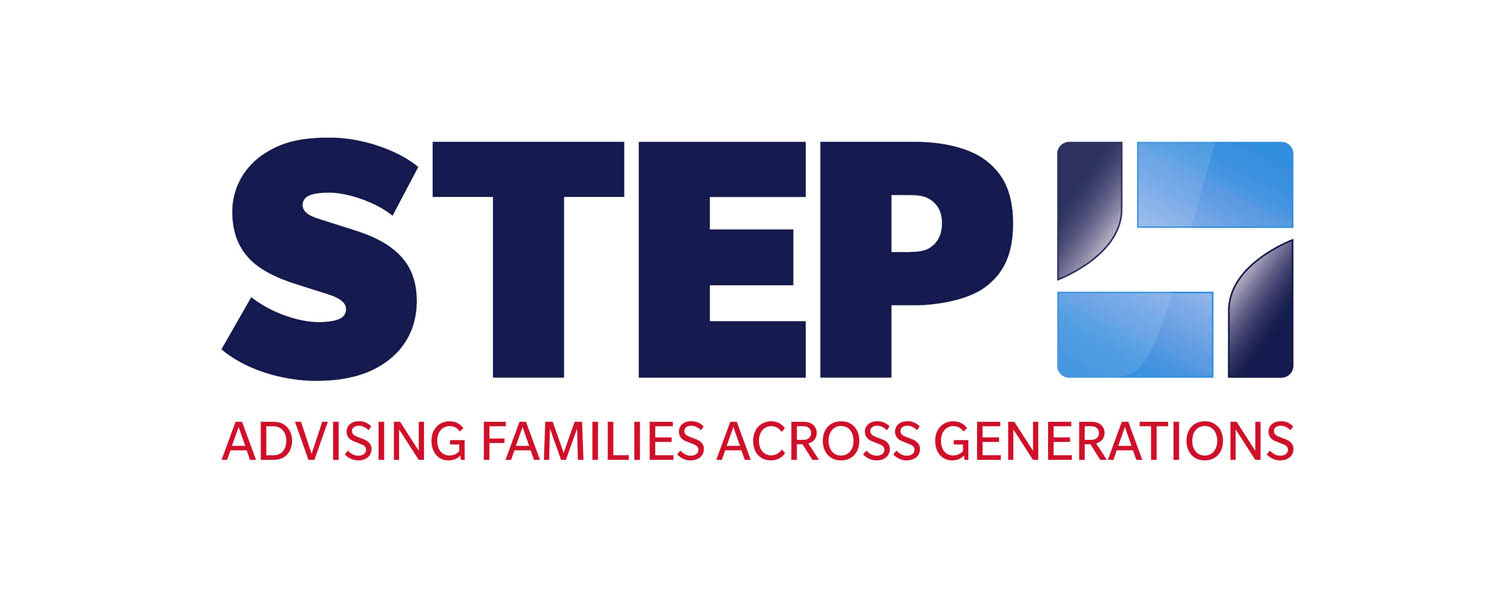The Society of Trust and Estate Practitioners (STEP) Standard Provisions have been updated to a Third Edition on 1st November 2023 and available for incorporation into Wills written after that date.

Those of you who have written a Will may have seen that the Society of Trust and Estate Practitioners (STEP) Standard Provisions have been included in the Will in either their original or more latterly, 2nd edition. The Standard Provisions are administrative powers available to the executors and trustees of a Will to assist them in undertaking their role without the need to individually list them all, often found in older Wills, making a Will significantly longer and less user friendly.
On 1st November 2023, the Society of Trust and Estate Practitioners (STEP) published the Third Edition of their Standard and Special Provisions which Clark Willis now incorporates into Wills after the latest edition have been approved by the Probate Registry.
The Third Edition has updated the Second Edition address recurrent issues and legal updates since the publication of the Second Edition.
Notable Changes
Powers of Maintenance and Advancement (old standard provision 5)
Statute (s31 and s32 Trustees Act 1925) originally provided that up to half of capital and income held on trust for minor beneficiaries until they reached the age of entitlement could be advanced to them for education , advancement or benefit. It was common practice to extend this to up to all the capital if required. The Inheritance and Trustee Powers Act 2014 amended legislation to reflect this and so the old Provision 5 is no longer required.
Minors and beneficiaries without capacity (old standard provision 6 and special provision 18)
These have now been combined into a new Provision 5 identifying how income or Trust Property to which a minor or a person lacking mental capacity may be dealt with. These identify persons who may validly give a receipt for any income or Trust Property due to a minor, ways in which the Trustees can apply income on behalf of a minor and identifies those persons who may validly give a receipt for any income or Trust Property due to a person lacking mental capacity
Deferring income entitlement (old provision 17)
New Provision 16 increased the age of entitlement to trust income for a beneficiary until the specified age in a Will, up to the age of 25 (rather than 18 as stipulated in s31 trustee Act) this enables trustees to defer the payment of income from age 18, where the beneficiary may not be entitled to the capital until a later age.
Retirement of a trustee that lacks capacity. (old provision 21)
New Provision 18 now includes that a person will be deemed incapable of acting as a trustee or have the power to appoint a trustee if stipulated in the trust document to do so, where a Deputy has been appointed to manage their affairs or the trustees hold a report form a suitably qualified medical practitioner confirming lack of capacity to assist in the exercise of s36 trustee Act 1925.
Power to appropriate – date of valuation (old provision 22)
When exercising the power of appropriation, trustees are required to value the property being appropriated as at the date of appropriation under new Provision 4:15
There is also the standardisation of the clauses on trusts corporations to reflect the wording from the terms and conditions of trust corporations and a number of other smaller updates to the Third Edition and the full set pf Standard Provisions can be read here at www.STEP.org
As with the review of the standard provision, if your own circumstances or wishes have changed since you have written your Will it might be time for a review (or if you have not written a Will) and of course our specialist Will writing team, headed by Alex Spurr TEP (a full member of STEP) are available to assist you across North Yorkshire, the Tees Valley and the North East from either our Darlington or Northallerton offices.
